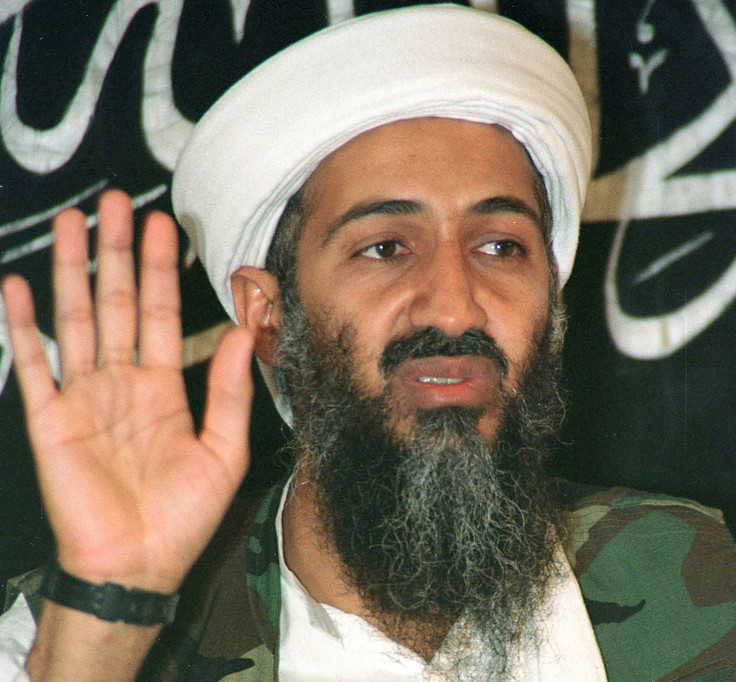'Bin Laden's Bookshelf': Materials Recovered From Al Qaeda Leader Include Books On US Politics, Maps And Software Manuals

Books and documents seized during the raid to kill Osama bin Laden in Pakistan in 2011 were released Wednesday by the U.S. director of national intelligence. The items included 39 books written in English, officials said.
The recovered documents are being called "Bin Ladin's Bookshelf." The English-language books include a number of works on American politics, including "America’s 'War on Terrorism' ” by Michel Chossudovsky; "Killing Hope: U.S. Military and CIA Interventions Since World War II," by William Blum; and "The Taking of America 1-2-3," by Richard Sprague.
The al Qaeda leader also had a collection of select media publications, including an issue of BusinessWeek (dated Feb. 19, 2007); a Los Angeles Times article (“Is al-Qaeda Just Bush’s Boogeyman?, Jan. 11, 2005); and part of a Newsweek article on Iraq War hawks and doves within the administration of former U.S. President George W. Bush.
Bin Laden apparently had an interest in various computer applications. The released documents include a number of software manuals, such as those for Adobe PhotoShop, Dreamweaver and McAfee Virus Scan 6.0.
Other items included maps of Middle Eastern countries like Afghanistan and Iran, and world maps from 1999, 2005 and 2006. The al Qaeda leader was apparently interested to see how international borders had evolved over the years.
While Bin Laden’s documents are mostly about U.S.-related topics, several documents are related to France. These include “Did France Cause the Great Depression?” by Douglas Irwin, National Bureau of Economic Research; “France Country Report,” European Network and Information Security Agency (January 2010); and "Economic and Social Conditions in France during the 18th Century," by Henri See (2004).
The office of James Clapper, U.S. director of national intelligence, said that it would release all the documents whose publication would not hurt ongoing operations against al Qaeda or its affiliates. “An interagency task force under the auspices of the White House and with the agreement of the DNI is reviewing all documents which supported disseminated intelligence cables, as well as other relevant material found around the compound,” its website says.
© Copyright IBTimes 2025. All rights reserved.





















